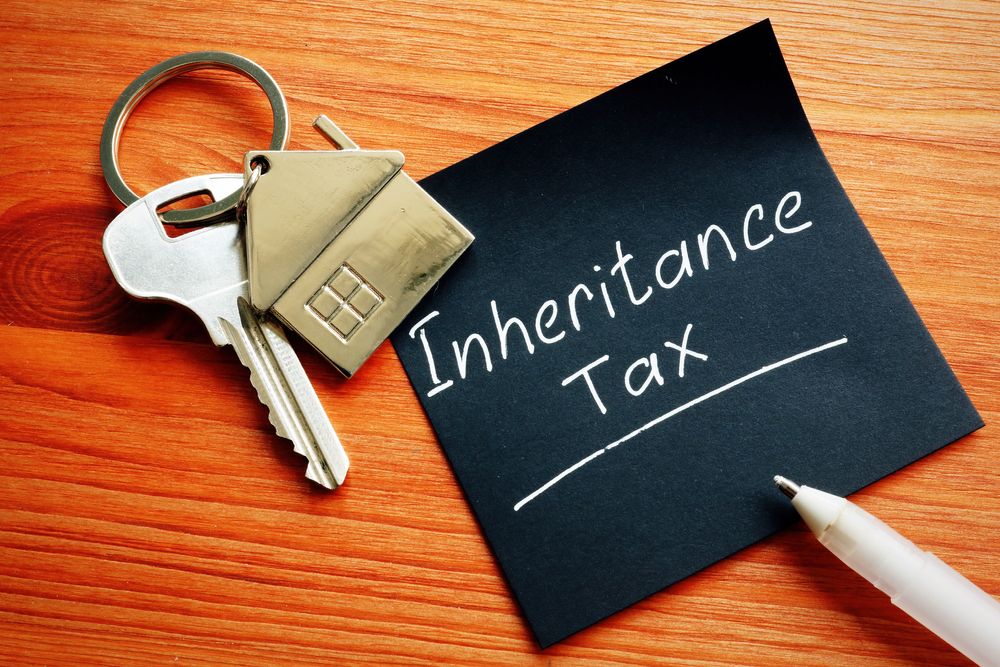The one thing most of us want to do when we pass away is be able to leave our wealth and assets to our loved ones. The idea that we can make one last gesture of kindness and support, and potentially leave dependents we leave behind set for life when we are gone, is a source of great comfort.
However, there is a snag. Inheritance Tax. Under Inheritance Tax laws, a proportion of the estate you leave behind when you die (that is, the accumulated value of all your property, possessions and money) is owed as tax. And once you pass the relevant thresholds, a pretty big proportion at that – 40%.
For those people who would rather see the wealth they have worked hard to accumulate in their lifetime pass to their nearest and dearest, the 40% rate is a frequent source of ire. However, with various thresholds and exemptions in play, for most people comparatively little Inheritance Tax ends up being owed on what they leave behind, if any at all.
The 40% figure becomes more relevant the more wealth you have to leave behind. And even then, with effective estate planning, you can minimise what will have to be paid. Here’s what you need to know.
What are the current Inheritance Tax thresholds?
At present, Inheritance Tax only comes into play on assets left behind by an individual over the value of £325,000. So say you leave behind £500,000, Inheritance Tax will only be paid on £175,000.
The biggest exemption is that anything you leave behind to a spouse or civil partner, no matter what the value, is not liable for Inheritance Tax at all. Moreover, the rules also state that any ‘unused’ allowance can also be passed to your partner. If you leave everything to them, none of your allowance is used at all because of the exemption. So your spouse gets your full allowance, doubling theirs to £650,000 when they die.
Anything bequeathed to charity or to a community sports organisation is also exempt from Inheritance Tax. And if you are leaving property to your children or grandchildren, the tax-free allowance increases to £500,000.
Planning to reduce Inheritance Tax
The amount of Inheritance Tax that ends up getting paid on your estate depends a) on its total value and b) on who you leave it to. With a little forward planning, you can use the rules to your (or your loved ones’) advantage and reduce your Inheritance Tax liability. Here are some ways to do it, all of them perfectly above board and legal.
- Leave everything to your spouse or civil partner: If you are married or are in a civil partnership, this is the easiest way to cut Inheritance Tax. Your partner won’t pay anything at all, and they’ll be able to leave up to £650,000 to children, grandchildren etc tax free when they die. If what they leave includes property, this will increase to £1 million.
- Gift assets to loved ones while you are still alive: You can give away up to £3,000 in gifts every tax year without any tax liability. For Inheritance Tax purposes, you have to live to seven years after these gifts are made for them to remain tax free. If you pass away in less than seven years, they will be considered part of your estate for the purposes of calculating Inheritance Tax.
- Put assets into a trust: For high-value estates, trusts are often seen as the most tax efficient means of bequeathing assets to loved ones. A trust is a legal vehicle that separates asset ownership from an individual. That means that anything you put into a trust no longer legally belongs to you, and is therefore not classed as part of your estate for Inheritance Tax purposes. Trusts are administered by an appointed trustee and exist as independent legal entities, like an incorporated company. But, providing certain conditions are met, they can be set up with rules determining how assets are passed on to the people you want to see benefit from them.
Estate planning can be as simple as deciding who you want to inherit your assets and setting that out in a will. Or, if you are considering options such as trusts, there are more complicated rules and legalities to weigh up. Either way, it pays to get some legal advice on your best options.
Contact Walsh Solicitors today to talk them through.



